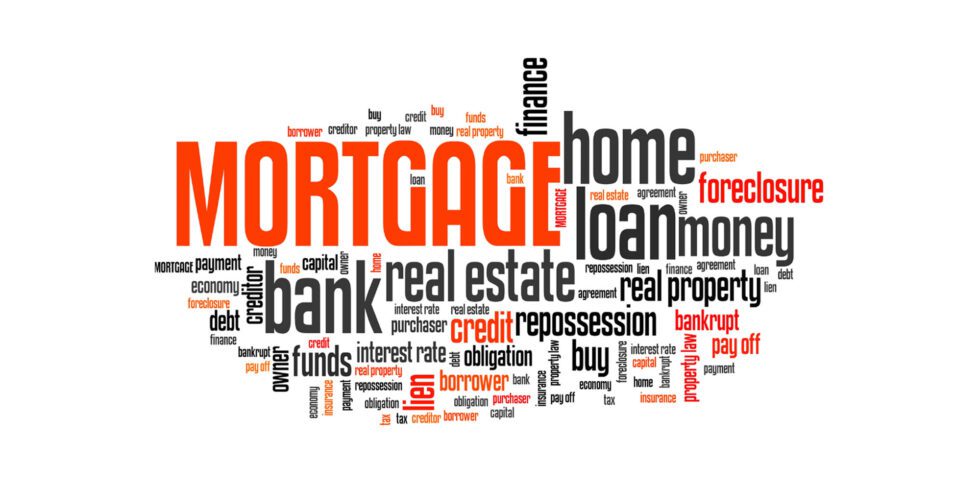What You Need To Know Before Closing A Commercial Property Deal
- Home
- /
- What You Need To Know Before Closing A Commercial Property Deal

- 13 Aug, 2019
Categories Commercial Loans
What You Need To Know Before Closing A Commercial Property Deal
Whenever we talk about property investment the first thought that comes to people’s minds is the residential real estate. We hardly ever give any or little thought to commercial property as a practicable investment solution.
However, today an increasing number of Australians have started recognizing the potential of the commercial real estate sector and have started to cash in on it. This fact is especially true for Older Investors Who Are Utilising Their Self-managed Superannuation Funds for investing in small commercial properties, in an extremely competitive market, for good reasons.
Commercial real estate, also categorized as property assets, are primarily used for business purposes. This consists of three sectors retail, office, and industrial.
This article has been crafted to be of use of both the buying and selling parties.
Commercial Property investment Today
The benefit of commercial property investments is that it is characterized by longer leasing agreements of 3, 5, or 10 years than residential property with fixed or CPI annual increases.
Investing in this sector also comes with the benefit that the tenant meets the cost of all outgoings, including land tax if the tenant is publicly listed. Here are some reasons why we should invest in commercial property today.
#1 Higher investment returns
Investors should consider the returns that they receive from rentals as an important factor while investing in property because it will indicate the future income that an asset will likely make. It is the rate of income return over the cost associated with an investment.
Rental yield is of two types- gross rental yield and net rental yield.
According to the Australian Bureau of Statistics (ABS), the housing market in Australia is growing continuously amid modest economic growth. Sydney saw the biggest increase, with residential property prices surging by 19.9% followed by Melbourne (9.9%), Canberra (4%), Brisbane (3.8%), Adelaide (3.5%), and Hobart (1.7%). Other than that, residential property prices dropped in Perth (-3.3%) and Darwin (-2%) over the same period.
#2 Longer leases
A residential tenancy can turn over every 6 to 12 months while a commercial tenancy can go anywhere between 3 to 10 years. Tenants also tend to stay longer especially when they’ve invested some capital customizing the premises.
#3 No rates and other outgoings
Unlike residential properties, where landlords are liable for paying rates, commercial tenants make payments for these outgoings instead.
#4 Smaller deposits
Commercial properties are usually priced lesser than residential properties. Thus, investors do not require a large capital outlay when investing. Commercial property investments could be a great way to get into the market sooner as compared to saving and investing for a residential property .
Involved risks?
But while also offering the potential for high capital growth, the high returns obtained from commercial property investments has its own risks.
According to past experiences, the commercial property market is less predictable than residential property markets. The commercial property market is usually marked with the potential for longer vacancy periods and poor resale highly influenced by economic factors such as unemployment and consumer confidence.
So, even though commercial property looks attractive on paper, there are potential risks that we need to be aware of before investing. Here are five such risks involved.
#1 Commercial properties are sensitive to economic conditions
It is a fact that when businesses prosper and the economy is strong, then the demand for commercial properties rises. But, we should also remember that economy and businesses face a downturn, then the same demand for commercial premises usually falls. So, we have to be careful about the present market scenario while investing in commercial properties.
#2 It takes longer to find a tenant once it becomes vacant
Though commercial properties have a longer term of leases, once it is vacant, it can take an even longer time to find a tenant. It is common for commercial properties to have long vacancies, which means that until the time a tenant is found, the owner has to cover all the costs during the period.
#3 Changes in infrastructure in the area can be detrimental
It is true that major infrastructure changes in an area can attract commercial investments; however, the same reason can also lure tenants away from existing sectors and older commercial premises. This could result in your property becoming vacant.
#4 Values can drop sharply
The value of commercial properties is closely related to the lease on the property. If a commercial property becomes vacant, or the lease is on the verge of expiring, the value of the property would generally be expected to fall. In contrast, any fall in prices that is associated with residential properties are generally less dramatic and usually happen progressively over a longer period of time.
Just as when we buy residential property, for commercial properties too the location is of prime importance. The type of commercial asset you purchase should be strategically located, paying particular attention to zoning restrictions that control the sites best use.
Furthermore, we should consider the development potential of both the site and the building, especially in instances where the current use ceases to be viable.
There are many options for commercial investment, including mixed use dwellings, such as a retail shop with a dwelling, which offers a double income flow, small industrial factories, retail strip shops, fast-food outlets, and service stations.
Over to you
While the risks associated with the commercial property are higher than residential, the benefits can be significantly greater.
It depends on where you are now in your portfolio. If you’re looking to diversify and want a cash flow booster, a well-located commercial property might be a good addition. Just make sure you do thorough due diligence and understand the risks involved.
We tried to broadly cover all aspects of the commercial real estate closing process. However, like always, it is best not to go the DIY-way with this. You must Consult An Experienced, Competent Real Estate Professional to discuss your unique situation.
Latest Posts
-
-
7 Steps for Obtaining a Better Mortgage 04 Mar, 2024
-
A Must-Have Checklist For Every Home Seller 04 Mar, 2024






































